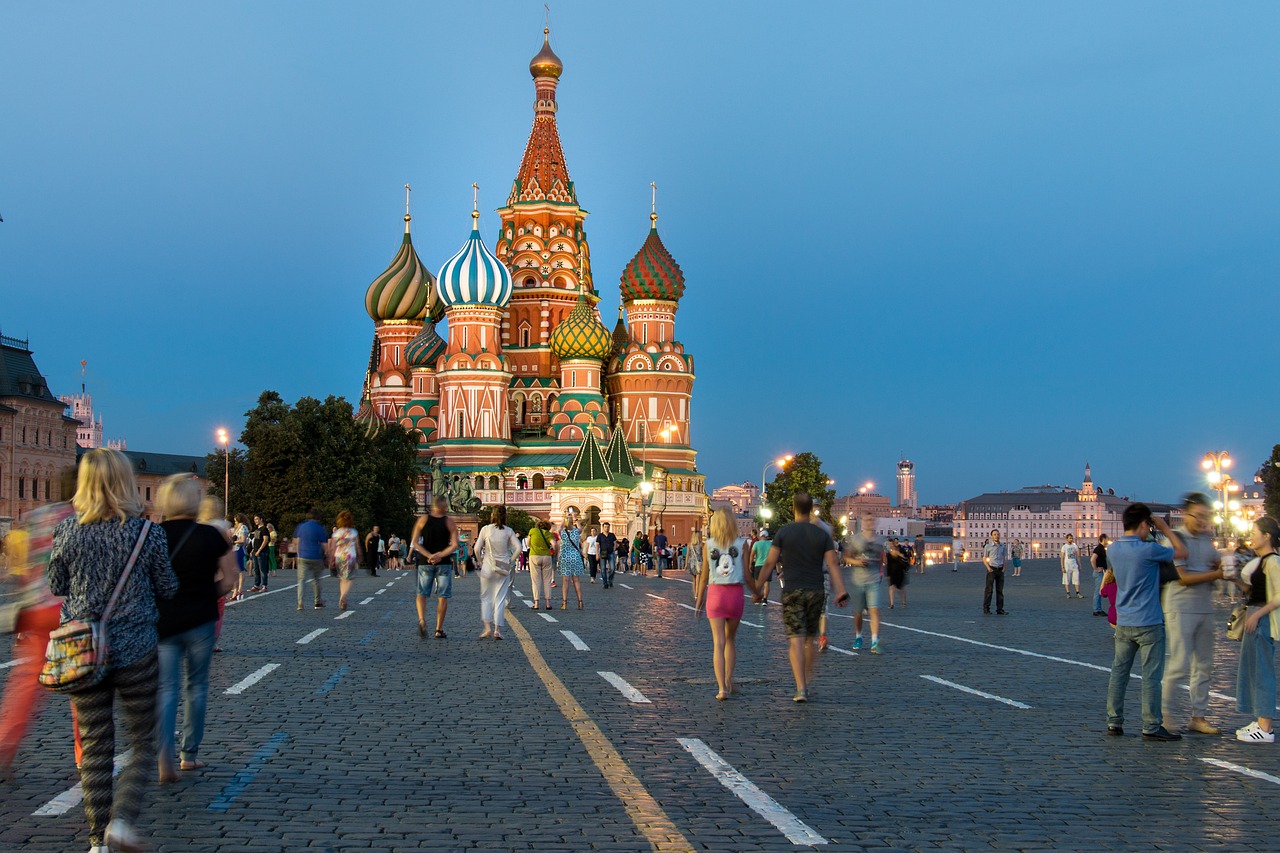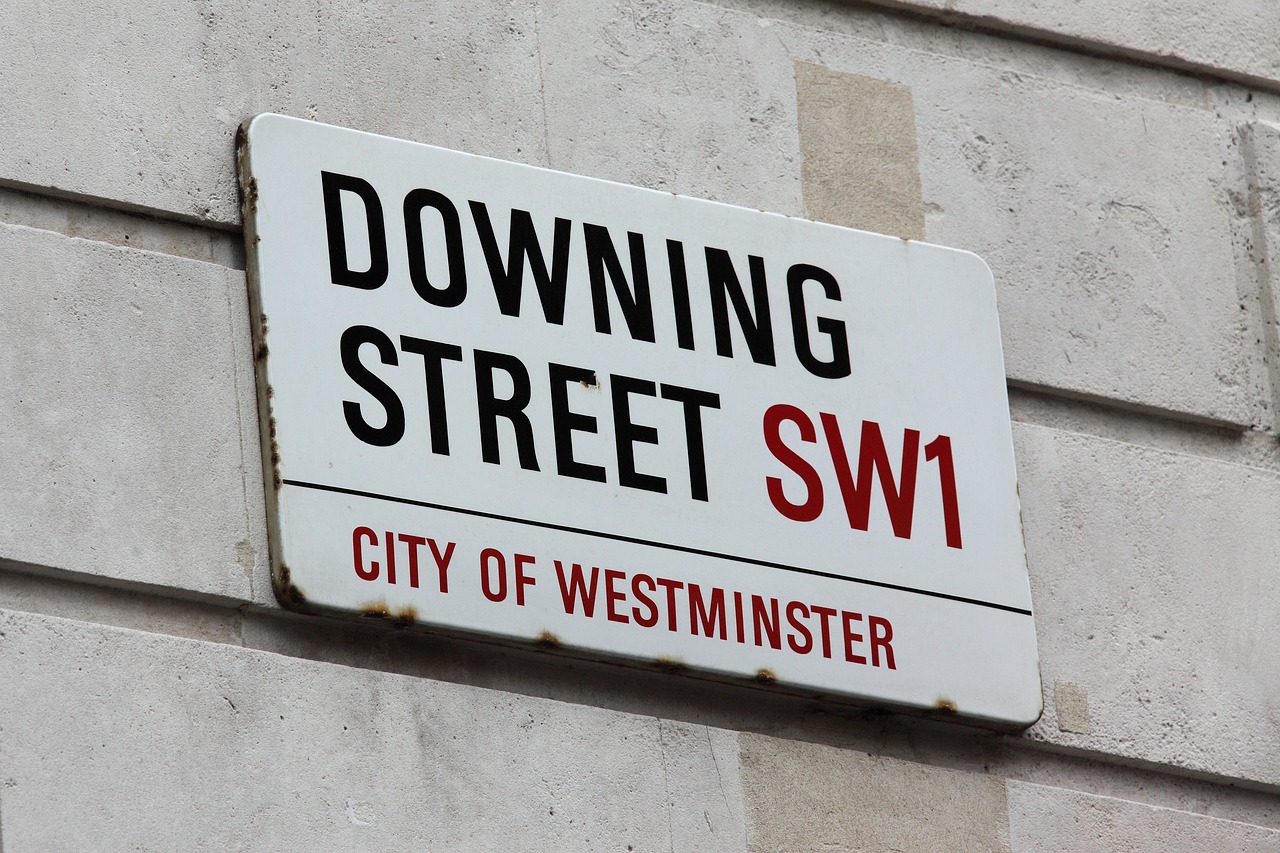Moldova is currently engaged in a pivotal presidential election, as voters head to the polls for the second round of voting. This election has been framed as a critical choice between aligning with Europe or reverting to Russian influence. Incumbent President Maia Sandu, who is pro-European, is facing off against Alexandr Stoianoglo, the former chief prosecutor whom she dismissed. Stoianoglo has pledged to navigate a foreign policy that balances relations with both Western nations and Russia, enjoying support from the pro-Russian Party of Socialists.
Amidst the electoral proceedings, Sandu and officials in Moldova have raised alarms about a fugitive oligarch residing in Russia who is allegedly attempting to manipulate the election on behalf of Moscow. The Kremlin has firmly denied any interference, echoing statements made during recent contentious elections in Georgia. Dmitry Peskov, a Kremlin spokesperson, categorically rejected accusations of Russian involvement.
In the first round of voting two weeks prior, Sandu secured 42.4% of the ballots, outpacing Stoianoglo who garnered 26%. However, without achieving the required majority of 50%, both candidates advanced to this runoff. It is anticipated that Stoianoglo’s support may grow as votes from eliminated candidates are redistributed.
After casting her vote, Sandu cautioned citizens against “thieves” attempting to purchase their votes and urged them to safeguard their nation’s independence. Stoianoglo presented himself as an “apolitical president” who envisions a Moldova that thrives in harmony with both Western and Eastern influences.
Political analysts suggest that a victory for Stoianoglo could significantly alter Moldova’s political dynamics, particularly due to Russia’s support for his campaign. By early afternoon on election day, reports indicated that about 25% of Moldovans had voted, with long queues forming not only within Moldova but also at polling stations abroad in countries like Romania and Italy.
The stakes are high for Moldova, which has been pursuing European Union membership while grappling with its historical ties to Russia. The nation boasts a population of approximately 2.5 million people and an expatriate community of around 1.2 million whose votes could be crucial for Sandu in this decisive round.
Moldova recently initiated discussions regarding EU accession and narrowly approved a constitutional amendment supporting this goal. Allegations have surfaced regarding attempts to buy votes, with reports indicating some individuals sold their votes for monetary compensation.
As voters traverse from regions such as Transnistria to cast their ballots in Moldovan-controlled areas, concerns persist over potential external influences shaping this election’s outcome. Meanwhile, Stoianoglo has distanced himself from accusations linking him to financial improprieties involving Shor but remains supported by key political figures within the pro-Russian camp.


